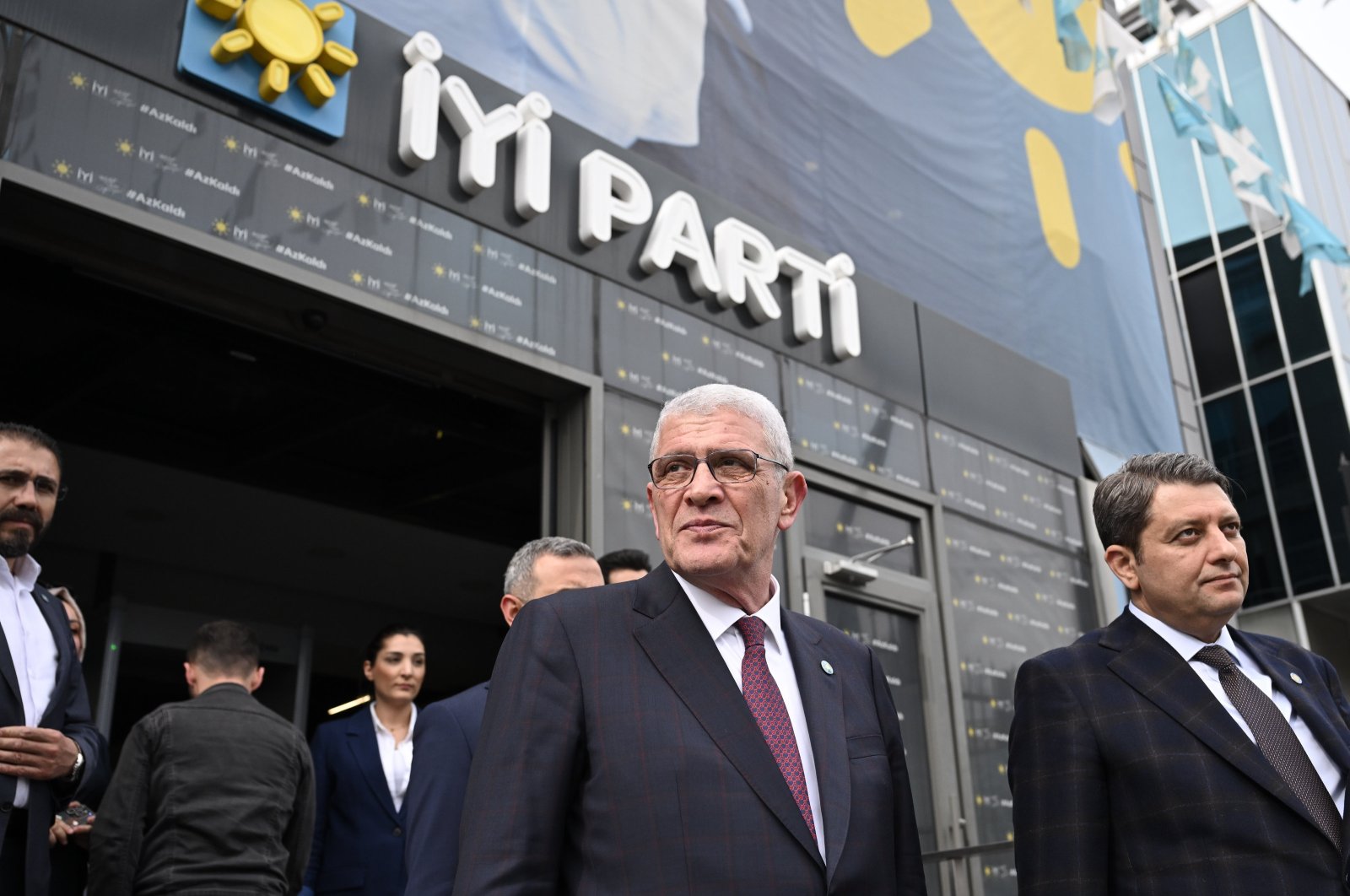
New IP Chairperson Dervişoğlu's approach hints at stronger opposition to the government than the CHP, raising questions about Özel's strategy and Dervişoğlu's targeting of the CHP's hardliners
A series of meetings between the leaders of Türkiye’s major political parties steered the national conversation in recent weeks, creating an opportunity to breathe new life into Turkish politics. Such reactivation would entail a heated debate on a broad range of issues related to Türkiye’s present condition and future.
I have previously noted that I welcome this new period (which President Recep Tayyip Erdoğan and the main opposition Republican People’s Party (CHP) Chairperson Özgür Özel described as "detente" and "normalization" respectively) yet approach it with cautious optimism. The reason for my caution is the difficulty of managing competition, part and parcel of politics, and its tendency to fuel polarization. Indeed, we do not know whether "detente" and "normalization" mean the same thing either. Meanwhile, the reason for my optimism is that all stakeholders need a new political climate right now.
Let us recall that the ruling Justice and Development Party (AK Party) started that debate by unveiling its "Century of Türkiye" vision ahead of last year’s presidential and parliamentary elections. Likewise, the CHP uses the term "Türkiye Alliance" to highlight its inclusiveness.
Quest for a 'new normal'
Over the next four election-less years, it will be necessary to revisit all discourses, practices and issues in Turkish politics. The government needs to update itself as the opposition tries to develop new policies in an attempt to become a viable alternative. Still, the question of where different political views could meet remains unanswered. For the time being, there are only appointment requests and some inclusive statements on the table. The key issues haven’t been opened to negotiation yet. As such, it remains unknown what the "new normal" in Turkish politics will be. For example, Özel has been placing greater emphasis on "struggle" (alongside "negotiations") in his recent statements: "A new period has started at the CHP. This is a time when we will fight hard. We urged opponents of the new curriculum, unemployed teachers and everyone else to a rally on May 18 – the day before the Youth Festival. We will also hold public events with pensioners. Such thematic events will continue to take place."
We do not know where the CHP’s plan to criticize the government at public events will go or how the government will respond. That the CHP chairperson continues to oppose the Turkish army’s deployment to Libya, Iraq and Syria is not a good sign. Likewise, it remains unclear where Özel stands on constitutional reform. He could easily escalate his earlier comments – that abiding by the current constitution is a precondition of constitutional reform and the government must implement ECHR and Constitutional Court rulings – to staying out of the process completely.
Challenges ahead
Another sign that creating a new political climate will be difficult came from Müsavat Dervişoğlu, the Good Party’s (IP) recently elected chairperson. Remaining committed to the movement’s policy of going it alone, he has been making harsher statements about the government. At the IP’s emergency congress, Dervişoğlu said: "I beg you. For the love of God, I want to confront President Recep Tayyip Erdoğan at Türkiye’s public squares. Give me that power!"
Addressing his party’s parliamentary caucus for the first time, he announced that the movement would not participate in any efforts to draft a new constitution: "It doesn’t matter who meets whom or who visits whom regarding constitutional reform. It doesn’t matter whether their goal is to do business. The IP will fight against a new 'Erdoğan Constitution' until the end – by itself if necessary. We do not even deem any proposed constitutional amendment worth discussing, which would consolidate one-person rule."
Against the backdrop of all the talk about negotiations and detente, Dervişoğlu’s approach signals a new position, suggesting that the IP is getting ready to oppose the government more strongly than the CHP. The question is whether Özel’s new approach limits the space available to the IP’s "third-way" politics and encourages Dervişoğlu to set his sights on the CHP’s hardliners.
